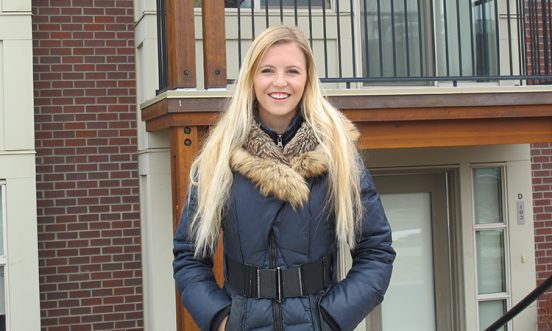By: Alexandra Roussel
The UBC senate has recorded more than 5,000 Chinese international students in their institution. However, the Canadian university adopts political beliefs that clash with China’s governmental policy and students are subjected to ideas and information suppressed or censored in China. So how does Canadian politics and way of life affect the incoming Chinese population?
According to the 2016 Census, Canada has almost 1.8 million Chinese Canadians, which almost 550,000 reside in B.C and more than 4,000 reside in the Okanagan specifically. This does not account for the thousands of Chinese International Students coming to UBC each year, which accounts for 35% of all international students at UBC.
Before agreeing to an interview, Chinese students from UBCO asked if the article would be public since if they said something negative about China, they believe they may get into trouble with their government.
This happened in 1989 when UBC students reported being intimidated by the Chinese Education Council in Vancouver and threatened to be sentenced to jail after their return in China for their political activities. Students started fearing spies and were scared to return to their home country. Following these events, the Government of Canada agreed to extend visas for all Chinese students fearing their return to China.
For this reason, names have been changed.
But, many of the returning students don’t really want China to change says Stanley Rosen, former editor of Chinese education and politics and UBC professor.
“Even if my country’s politics is not all about freedom and democracy, I believe I live freely,” says Chinese international student Stone. “For me, democracy is not the only political system that promotes happiness and well-being.”
He adds, “sometimes democracy is not the right answer to all problems, if we look at who the American population elected.”
On the other hand, some students return home to China with a new perspective on the Chinese political system. Gold” is currently teaching a course on Chinese society and says the class has many students from China who are shocked to learn information that was never taught in China.
“They come into my office almost every week and say, ‘I didn’t know any of this’ — about their own country!” Gold, a sociologist at the University of California Berkeley specializing in Pacific Rim societies. said. “But then, what’s that going to mean when they go back?”
“Democracy to me is more than just politics. It includes even being able to use Facebook, Google, Instagram, and Twitter, which is fun and empowering to me,” says Lily, a Chinese international student at UBCO. “But I know that once I return back home, I won’t be able to contact any of my Canadian friends through Facebook and won’t be able to browse their pictures and keep up with their lives.”
This supports China’s ranking in in the Press Freedom Index, 176 out of 180 countries, only 4 places above North Korea. Canada ranks 22nd, a slight decrease from last year.
“I get more information and more perspectives from news in Canada than in China, and then I start questioning what’s right and what’s wrong” says Emma, a Chinese UBCO student.
The opinions of UBCO’s Chinese students on democracy and Canadian way of life, will vary depending on where they are from and their experience in Canada.

 Follow
Follow



